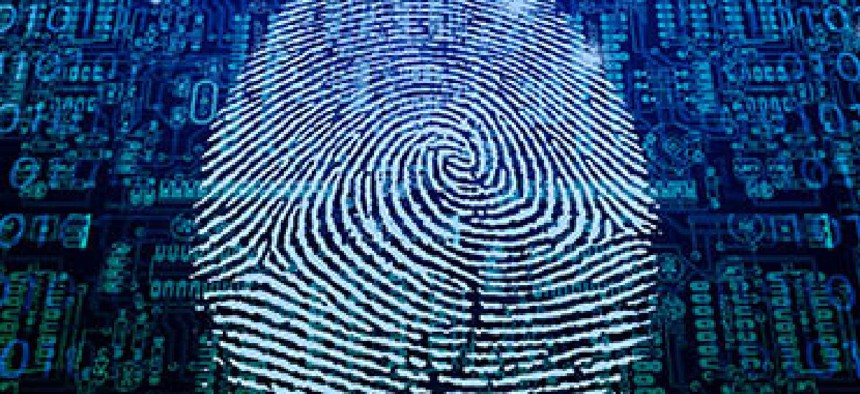Missed deportee fingerprints spark legislation

A new bill would force DHS to digitize all fingerprint records in the wake of an embarrassing oversight report.

The U.S. mistakenly granted citizenship to hundreds of applicants who had been slated for deportation in part because U.S. Citizenship and Immigration Services lacked up-to-date digitized fingerprint records to catch the fraudsters, according to a watchdog report. Now Congress is trying to fix the problem.
Rep. Martha McSally (R-Ariz.) introduced the IDENT Fingerprint Digitization Completion Act of 2016, which would require the Department of Homeland Security to implement a fully digitized system for fingerprint identification records within three months of the legislation being signed into law.
"In this environment, with terrorists actively seeking ways to enter our country, these types of blunders are inexcusable," McSally said in a statement. DHS "needs to be one-step ahead, not decades behind."
The blunders she referred to are cataloged in a DHS Office of Inspector General report released Sept. 16 in which auditors said USCIS granted citizenship to 858 people who had been ordered deported but who had reapplied for naturalization under another identity. USCIS did not catch the deception because digital records were not available. The required checks against DHS and FBI digital fingerprint repositories were incomplete because neither database contains all old fingerprint records.
Additionally, the report said all old records were not included in the DHS repository when it was being developed. Furthermore, Immigration and Customs Enforcement identified about 148,000 older, undigitized fingerprint records of criminals or fugitive aliens with final deportation orders.
According to the IG's report, fingerprint records were missing from as many as 315,000 cases. In at least three cases, individuals had been mistakenly granted access to secure areas in airports or maritime facilities.
The is not the first time McSally, who represents a district with a wide stretch of the U.S. border with Mexico, has been critical of DHS. During a Sept. 14 House Homeland Security Committee hearing on shutting down pathways for terrorists into the U.S., she took DHS to task for not investigating commercially available "deception detection technology" to use in immigration security screenings.
NEXT STORY: Ozment: Cybersecurity can't be centralized


